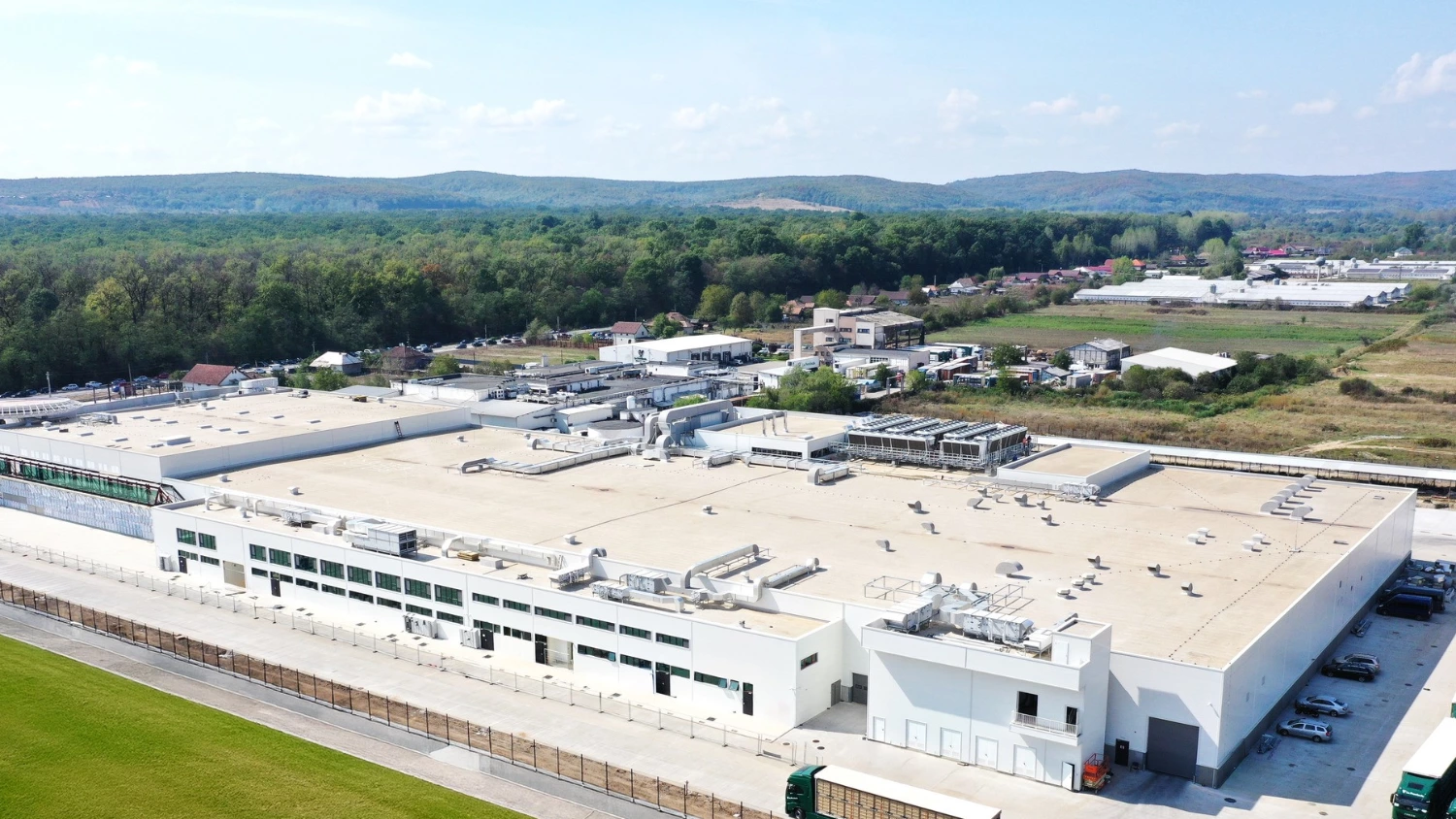Unaffordable without government incentives
Price is still the main reason drivers don't switch to electric cars. carVertical reveals that the average share of electric vehicles verified on its platform in the first half of 2024 in Romania was just 0.5%. On average, electric cars are 40-50% more expensive than gasoline cars. Therefore, government incentives remain one of the main factors for choosing an electric vehicle, and the example of Germany illustrates this perfectly.
In December 2023 the German government ended its electric car subsidy program to avoid a budget crisis. Before this program stopped the share of electric vehicles in the German new car market was 15.8% in the first half of 2023. Without government subsidies, this share fell to 12.5% in the first half of 2024.
In contrast, sales of electric vehicles have soared in Italy since government incentives were reintroduced this year. In June 2023, there were 6,155 new electric vehicle registrations, while in June 2024 the number doubled to 13,285 new electric car registrations - a whopping 116% increase. Of course other factors are contributing to this growth, but new incentives play a very important role.
In general, electric vehicles are not affordable enough today. Just as an example, if you look at 15 year old family cars running on gasoline or diesel, you can easily find variants up to €10,000. What's more, these cars are great for daily commuting as well as for towing or long-haul family trips. At the same time, similarly priced electric cars could, at best, be decent city driving vehicles.
Fear of having difficulty selling
Electric cars depreciate and become undesirable relatively quickly as they age. Many used car dealers argue that nobody wants a second-hand electric vehicle. Not only are they more expensive than diesel and gasoline ones, but the spent batteries that have degraded over time compromise their residual values.
Matas Buzelis, carVertical's automotive expert, says some electric vehicle owners have even started going back to diesel and gasoline cars: "We hear from dealers that they are no longer willing to accept second-hand electric cars because the likelihood of selling them is very low. This violates common practice because people who are willing to buy a new or newer car usually trade in their old one. Given this situation, it is not surprising that some drivers who previously owned electric vehicles are now choosing to buy and switch back to internal combustion engine cars. Some drivers already fear that they will not be able to sell an electric vehicle after owning it for a few years and will suffer significant financial losses."
Most people replace their cars every few years, so naturally they tend to avoid buying cars that depreciate rapidly. Plus, it's impossible to know how quickly the battery will deteriorate, which has a big impact on the value of an electric vehicle. Some electric vehicles, such as Tesla and some Audi models, are highly sought-after, but this doesn't usually prevent too much depreciation.
Expensive, luxury electric cars are among the most depreciating vehicles on the market. New technologies age rapidly, batteries deteriorate, and there is a continuous stream of more impressive models year after year on the market. This diminishes the value of models like the Audi e-Tron GT, Tesla Model X and Tesla Model S.
Inconvenience outweighs the benefits of an electric vehicle
Typically, people focus mainly on the benefits of electric cars at first, and only later face the associated inconveniences. One of the main problems with electric vehicles is that the infrastructure of cities is not yet properly adapted for electric cars, and probably won't be any time soon. Internal combustion vehicles can be fueled in minutes and have a range of hundreds of kilometers, while electric cars require charging spaces in densely populated neighborhoods near shops, offices and other major destinations.
EV technology is far from perfect and is undergoing rapid change which makes cheaper, second-hand electric cars extremely inefficient. People are waiting for better batteries, faster chargers and other innovations to make it reasonable to own an EV. In the meantime, no one buys second-hand electric cars because of high prices, damaged batteries, reduced range and outdated technology.
At the moment, an electric car seems like a good option as a second car to commute around town - it's cheap to charge, you can charge it at home and there are no range issues given that it will be foldable for short trips. However, using such a vehicle for longer journeys is not convenient and an electric car will probably cost more than an internal combustion vehicle which is much more capable - it can tow trailers or provide transportation for the whole family on long trips.










